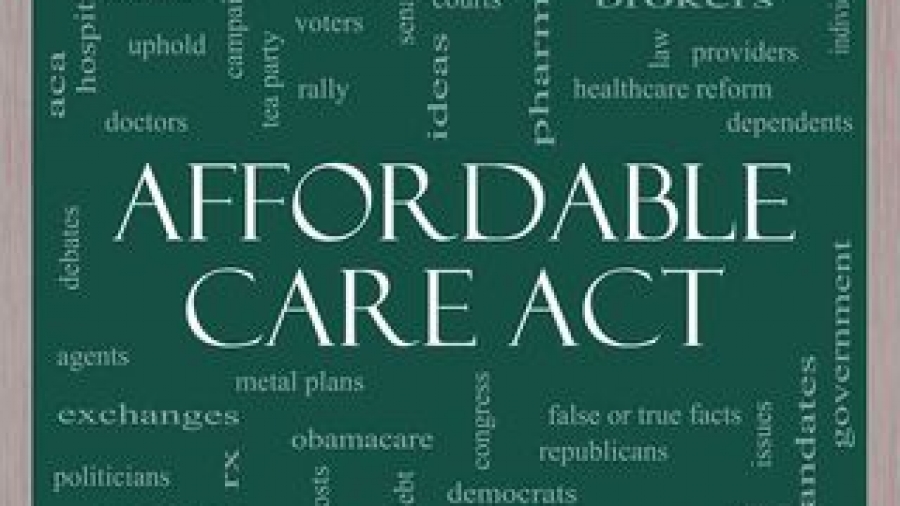The Omnibus Budget Reconciliation Act of 1993 required all states to implement an "estate recovery program" to recover assets from the estates of any individuals who received Medicaid benefits during life. The default language of the federal statute provides the state can recover from the "probate estate" of the Medicaid recipient, but allows the states to expand the definition to include all assets owned by the recipient including joint accounts, lifetime interests, beneficiary designated accounts, and even trusts.
 So what does this have to do with the Affordable Care Act, commonly known as, “Obama Care”? There is a new twist coming to light regarding States’ rights to recovery for Medicaid benefits paid. What does the Affordable Care Act have to do with Medicaid benefits? While it does not, in any way, provide care for nursing homes, it does provide that Medicaid can be a provider of health insurance and can be available on the exchange for affordable healthcare. It seems pretty ordinary, except the Affordable Care Act has a provision that ensures estate recovery from the estates of those receiving Medicaid benefits for healthcare.
So what does this have to do with the Affordable Care Act, commonly known as, “Obama Care”? There is a new twist coming to light regarding States’ rights to recovery for Medicaid benefits paid. What does the Affordable Care Act have to do with Medicaid benefits? While it does not, in any way, provide care for nursing homes, it does provide that Medicaid can be a provider of health insurance and can be available on the exchange for affordable healthcare. It seems pretty ordinary, except the Affordable Care Act has a provision that ensures estate recovery from the estates of those receiving Medicaid benefits for healthcare.
What does this all mean? Well, for the first time, estate recovery will apply to those individuals who receive Medicaid as a health insurance benefit rather than just as a nursing home benefit. This could impact many seniors who currently rely on Medicaid (in addition to Medicare) to help pay for their medical expenses and healthcare costs. It is unclear whether the enforcement procedures or the state's ability to recover on healthcare-related Medicaid costs will be enforced and, if so, how it will be managed.
It is essential we understand the estate recovery laws and how they impact Medicaid recipients. More importantly, it’s imperative to ensure your healthcare needs will be met now and in the future. The best way to ensure the total protection of your assets and your values now and after you pass, is to plan ahead. Those that have failed to plan are typically the most adversely affected by the rules. I encourage you to make sure you address these new rules when doing your planning.
David J. Zumpano, Esq, CPA, Co-founder Lawyers With Purpose, Founder of MPS, Founder and Senior Partner of Estate Planning Law Center.


